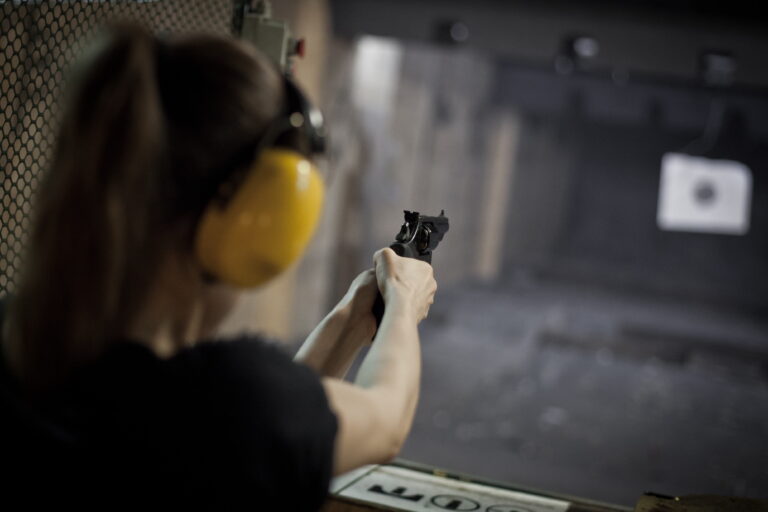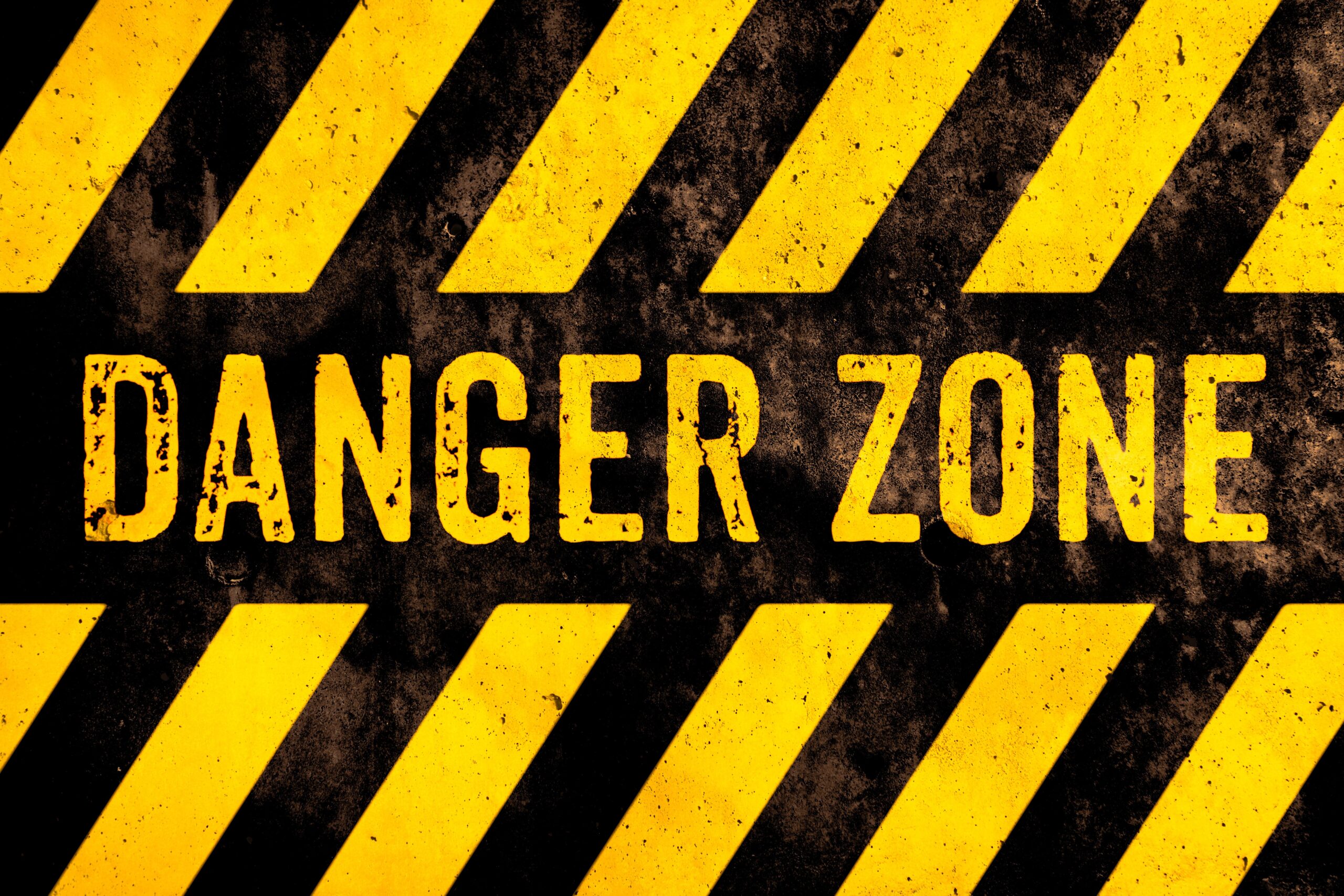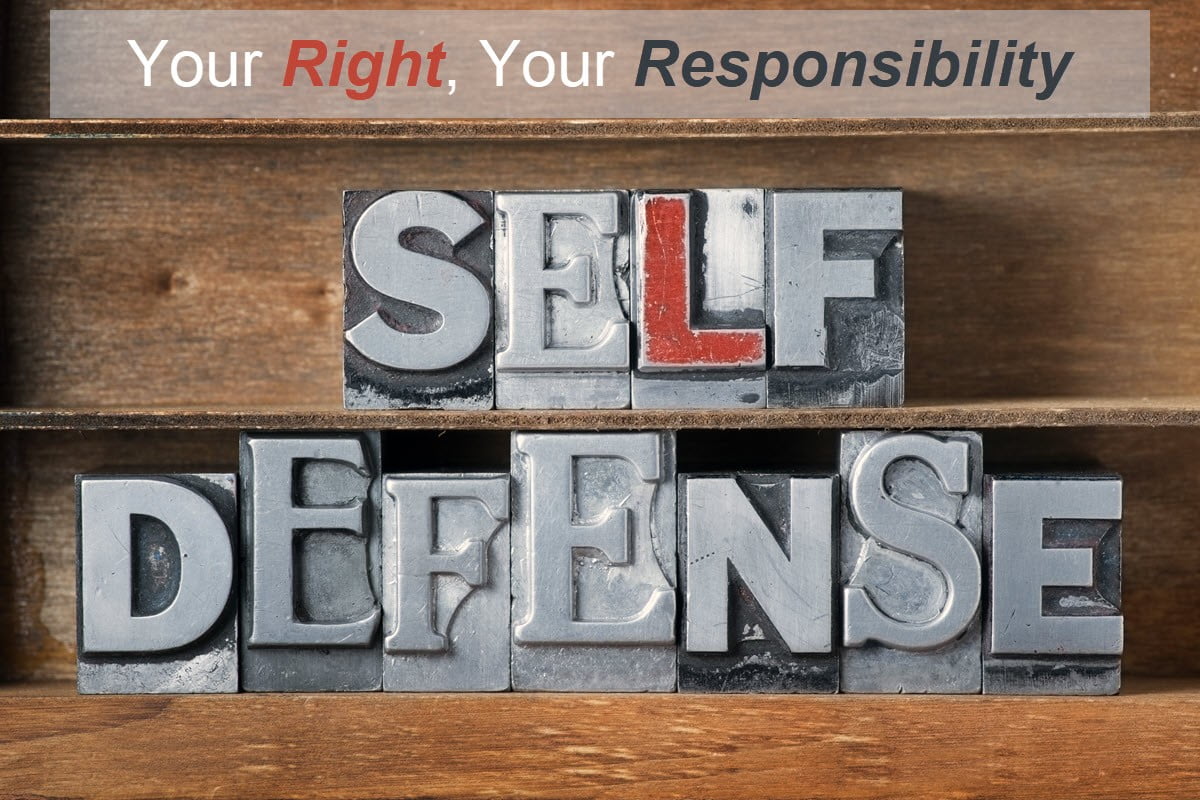A key component to building an increasingly relentless Overcome mindset — one of getting off the X, of pushing forward, overcoming perceived obstacles and moving the needle toward our short- and long-term goals — is the strength, balance and readiness that we create in what I call the Pentagon of Peak Performance.
The Pentagon of Peak Performance pertains to five key areas of life which require and deserve our attention in order for us to cultivate the self-leadership needed to succeed in our personal and professional missions: Physical Leadership, Mental Leadership, Emotional Leadership, Social Leadership and Spiritual Leadership.
To varying extents, the Pentagon is a focus in all of my Pointman for Life and leadership speaking topics, courses and coaching programs. The Physical Leadership aspect has always incorporated nutrition, sleep and fitness, but there’s a fourth level — a critical extension of Physical Leadership — that I believe is exceptionally timely and relevant and have included as one of two bonus lessons in my new 72 Hours to Peak Performance online course. It’s physical defense, and I urge you to incorporate into your life. You’ll understand why.
Your Mission: Be Prepared
Physical defense is about being knowledgeable, trained, equipped and ready in order to prevent, avoid or appropriately address emergency situations, including attacks, home invasions, accidental injuries, fires, sudden life-threatening medical events and more. Print and share this article as a basic guide to motivate and direct you and your loved ones toward research and action beginning today.
In short, physical defense as I explain it more extensively in the course addresses the following four components:

1. Your ability to perceive threats and avoid them
In 72 Hours to Peak Performance I discuss the four “zones,” or levels, of situational awareness: white, yellow, orange and red.
People who live in the “white” zone position themselves as soft targets in the minds of predators by engaging in high-risk behaviors that they may or may not even consider risky. These include allowing themselves to be distracted from their surroundings, leaving home and vehicle doors and windows unlocked, trusting in the “good will” and intentions that they naively project onto others based upon their own humanitarian nature, and simply not having a sense or inclination to recognize and avoid potential threat.
If this is you, start today moving into the yellow and orange zones. Always be aware of your surroundings and the people and activities around you. When possible, have others with you as you travel, whether close to home or afar, and don’t broadcast where you are. Park your vehicle where you’ll be safe returning to it later. If you’re small or weak-looking in stature, understand that predators perceive you as easier targets than others.
In short, don’t leave yourself vulnerable. Don’t behave like a future victim who will look back on one eventful moment with years of regret.
The hard targets are the most formidable; they are astute — if not hypervigilant — identifiers of potential danger, they behave preventatively or preemptively, and they’re equipped, prepared and willing to deal successfully with an event if it happens. And it’s obvious to predators. Hard targets typically live in the “orange” zone and are ready to step into “red” when necessary.
2. Your ability to physically defend yourself
Be trained and equipped to handle an attack if you cannot avoid it. This may mean the difference between life and death, and once attacked or approached with the threat of bodily harm, you don’t owe the perpetrator the benefit of the doubt.
Learn, train in and practice multiple modes of self-defense. This could include anything from taking a basic self-defense course to training in martial arts to carrying a firearm. Start with some research; call local gun ranges or instructors, visit martial arts dojos and observe classes; contact a local public-safety agency and ask about what they might have to offer.
Whatever you do, it’s essential to learn from those with knowledge and experience, know the laws in your state, and practice your skills regularly so you’re sharp, confident, equipped and ready in a moment if necessary.

3. Your ability to physically defend your home and family
This extends the sense of responsibility for self-protection to that of your home (and possibly business) and loved ones. It includes improving or establishing home/business security, knowing points of protective cover and emergency exits, and access to whatever weapons you may need. Look for and address points of vulnerability, including weak, obstructed or dysfunctional entry/exit points, and always be prepared to assess and neutralize threats if they arise. It’s important to have a working phone ready to call for assistance, but even if you have time to call for help there’s no guarantee that help will arrive in time to stave off a critical event.
4. Your ability to save the lives of yourself and/or others

Nor is it guaranteed that first-responders will arrive in time to save or properly assist someone in case of accidental injury, fire or a life-threatening health or medical event. People with knowledge and training in basic life-saving and first-aid techniques are able to step in and intervene in potentially tragic scenarios, increasing a victim’s chance of survival or reducing the damage done while awaiting help. Take a first-aid course, get CPR-certified, equip your home, business and vehicles with first-aid, fire-safety and other preventative or responsive items and know how to use them.
A fire-escape ladder is an essential tool for escaping from a burning building, but it’s also great for exiting through a window in other emergencies, including to escape an intruder. Equip your home in every room with a window above the first floor with the right size collapsible ladder, and practice real-world-scenario drills with occupants periodically. I like the Kidde Three-Story Ladder, available at Amazon and elsewhere.
This is just a preliminary introduction, a reminder of why and where to start, regarding your rights and responsibilities in terms of physical defense. Take it seriously, as if your life depends on it. And take your loved ones with you.
With confidence in your ability to “Lead Always and Overcome All,”
Jason Redman
For all courses and coaching programs, including 72 Hours to Peak Performance ($49.99), visit https://getoffx.com/
For in-person, virtual and hybrid keynotes and speaking, visit www.jasonredman.com



